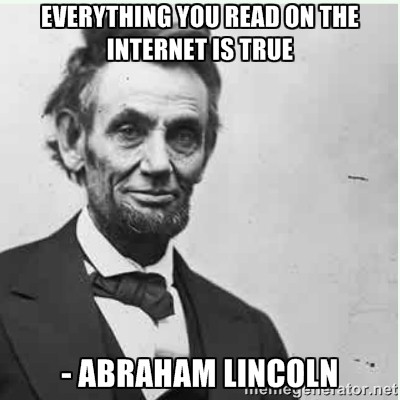Word Nerd: A Good Vocabulary Makes You Smarter
19 Sep

Magnetic poetry (image by Steve Johnson, used under CC BY 2.0 licence)
Some years ago, a friend and I were in a shop that sold kitchenware in a suburban Mumbai market. The store, run by a second-generation trader, was tiny and crammed, as it had always been, but over the years some of the traditional steel bartan had given way to imported items, such as casseroles and wine glasses. My friend wanted a spaghetti jar, and the shopkeeper said he didn’t have any. Seeing his blank look, I wondered if he knew what a spaghetti jar was. He was smart, but seemed more of a daal-chaawal type of guy. Clearly there was a gap between my friend’s terrible Hindi and the shopkeeper’s English (or Italian, if you consider that spaghetti comes from the Italian spago, meaning string). I pointed to a 6-inch-high glass jar and asked him if he had one like that but 12 inches high. Turned out he had spaghetti jars, after all.
That got me thinking. Like most people in the service industry, this guy’s lifestyle did not resemble those of customers. They spoke languages he didn’t speak, ate things he didn’t eat, drank things he didn’t drink, and used things he didn’t use. Who knows how much of his merchandise remained unsold because he didn’t understand what his customers were asking for?
People sometimes confuse having a large vocabulary with using long, irritating, and pretentious words to say something simple, or even to say nothing (remember Anthony Gonsalves?). But a good vocabulary really means accuracy and nuance in how you perceive, think and speak. Research shows that it has a real impact on our lives that goes far beyond doing well on language exams. A strong vocabulary correlates with real-world abilities and problem-solving success. It helps us process information faster and more effortlessly. In other words, we understand our world better.
The corollary is that if we cannot name things, our understanding of the world is poorer. I’m reminded of the time I was going somewhere with a violin case in my hand. A passer-by smiled benignly and, pointing at the case, asked me if it was “that thing” (gesturing as if strumming an imaginary guitar). How could I tell him what it was? He didn’t know the word “guitar”, so if I said it was a violin, would that mean anything to him? And if I responded with a violin-playing gesture, would he think I was making fun of him? I don’t remember what I eventually did, but I remember wondering what music sounded like to him. How do you hear a piece of music if you don’t know how that sound was made? Was it by strumming? Bowing? Little hammers on strings?
Our vocabulary is crucial to how we make sense of reality. It’s how we label, sort, conceptualize, think abstractly. If we assume that saying something simply and clearly is the same as dumbing it down, we may just end up depriving ourselves of IQ points. The late sociologist Donald Hayes, who taught at Cornell University, showed in the 1990s that the decline of verbal SAT scores was correlated with a dilution of knowledge and vocabulary in schoolbooks. There are other studies, too, that show a strong correlation between vocabulary and intelligence.
Of course, nobody says it quite like the internet’s most famous cat:

By Uma Asher










